In Birth Canal, Dias Novita Wuri masterfully braids disparate storylines of women across various countries and time periods to track the shifting contexts of sexuality, femininity, family, and gender roles. What results is an alternative face of history, from the violence of wartime and colonialism to the contemporary dynamics of sex work and objectification. As our September Book Club selection, this subversive and unflinching text defies generalisation and presumption to consider the many ways a body can be used—and freed. In this interview, Novita Wuri speaks on how the women in her life inspired the novel, sexuality and politics in Indonesia, and the mental anguish that surrounded the writing and reading of this powerful text.
The Asymptote Book Club aspires to bring the best in translated fiction every month to readers around the world. You can sign up to receive next month’s selection on our website for as little as USD20 per book; once you’re a member, join our Facebook group for exclusive book club discussions and receive invitations to our members-only Zoom interviews with the author or the translator of each title.
Thuy Dinh (TD): Could you explain the meaning behind the title Birth Canal?
Dias Novita Wuri (DNW): Birth Canal actually doesn’t have as much significance in English as it does in Indonesian—which you wrote about very well in your review. The term in Indonesian is jalan lahir; jalan means a road, or a way—something one has to go through, and lahir here means birth. You can see it doesn’t really translate very well to English, and my editor and I decided to go with “birth canal”. I wanted a short, impactful title because my first book’s title, Makramé, was very simple. Of course, the birth canal is part of the reproductive system, and I wanted to use a bodily word to symbolise the feminine struggle related to procreation. It’s hard not to talk about birth because it’s a woman’s “duty” to give birth, and I think this term nicely represents the stories of all the women in my story.
TD: Your book doesn’t seem to think there is a necessary connection between fertility and motherhood—as some characters in the book can’t have children but yearn to be mothers. Can you expound on this theme?
DNW: I wanted to talk about a lot of the women that I know in my life, some of which can’t have children, or struggle to have children but want to have children, and others who don’t want children at all. For me, it was important to talk about everyone’s story and experience with the term “motherhood”. I also knew people who got pregnant as teenagers outside of marriage, and that’s why I opened the book by talking about abortion, because abortion is illegal here in Indonesia. It’s very frowned upon—which doesn’t mean it doesn’t happen.
Actually, when I open up to the women that I talk to in Indonesia—my friends and acquaintances—sometimes they would tell me that they have had abortions. It’s a shame that it’s illegal and not talked about, because it’s something that women need. It’s a basic healthcare right. To have such shame and stigma surrounding abortion can only be detrimental to women’s lives in Indonesia. Some of them might be mothers already, but they can’t handle another child or can’t afford another child. Yet, they can’t have an abortion. READ MORE…

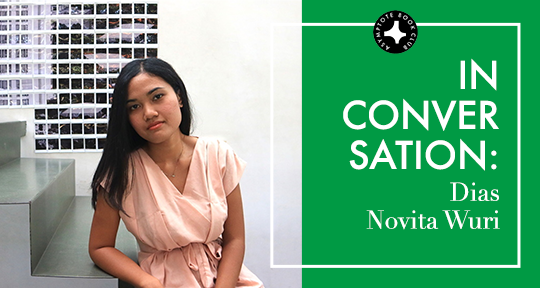


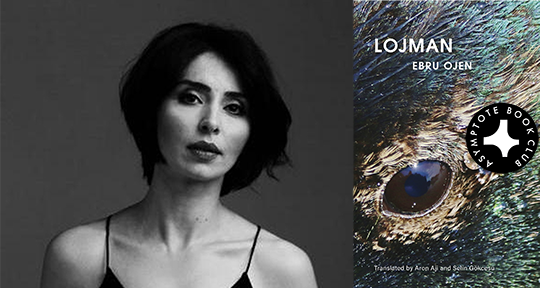
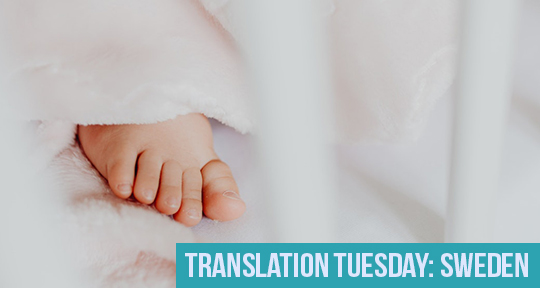
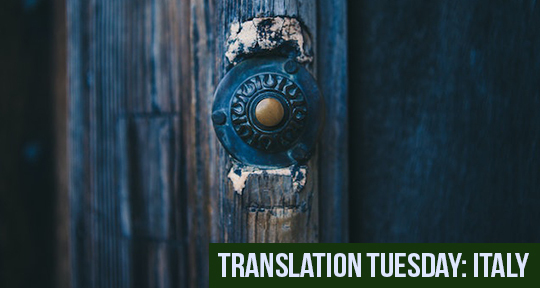
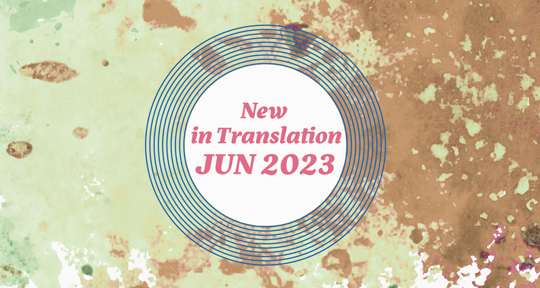
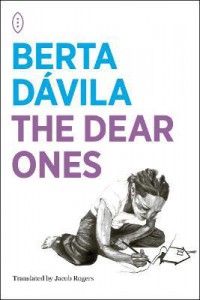
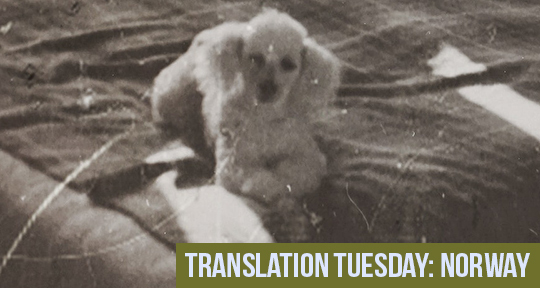
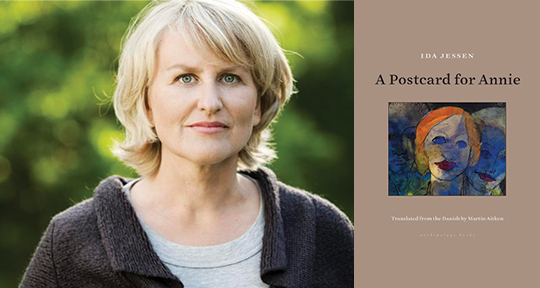

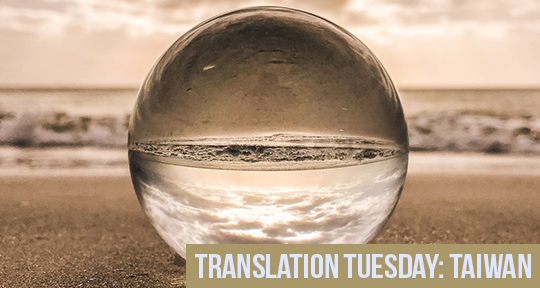
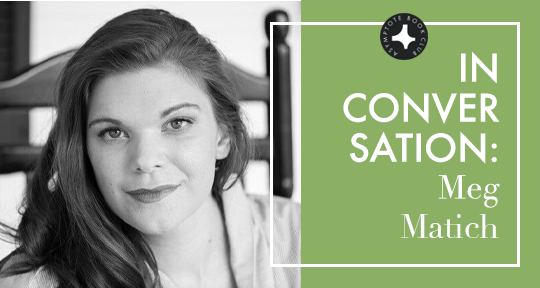
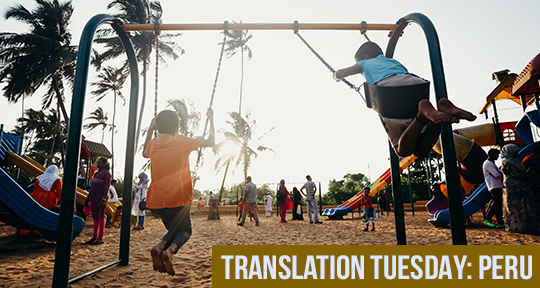
What’s New in Translation: August 2021
New work this month from Lebanon and India!
The speed by which text travels is both a great fortune and a conundrum of our present days. As information and knowledge are transmitted in unthinkable immediacy, our capacity for receiving and comprehending worldly events is continuously challenged and reconstituted. It is, then, a great privilege to be able to sit down with a book that coherently and absorbingly sorts through the things that have happened. This month, we bring you two works that deal with the events of history with both clarity and intimacy. One a compelling, diaristic account of the devastating Beirut explosion of last year, and one a sensitive, sensual novel that delves into a woman’s life as she carries the trauma of Indian Partition. Read on to find out more.
Beirut 2020: Diary of the Collapse by Charif Majdalani, translated from French by Ruth Diver, Other Press, 2021
Review by Alex Tan, Assistant Editor
There’s a peculiar whiplash that comes from seeing the words “social distancing” in a newly published book, even if—as in the case of Charif Majdalani’s Beirut 2020: Diary of the Collapse—the reader is primed from the outset to anticipate an account of the pandemic’s devastations. For anyone to claim the discernment of hindsight feels all too premature—wrong, even, when there isn’t yet an aftermath to speak from.
But Majdalani’s testimony of disintegration, a compelling mélange of memoir and historical reckoning in Ruth Diver’s clear-eyed English translation, contains no such pretension. In the collective memory of 2020 as experienced by those in Beirut, Lebanon, the COVID-19 pandemic serves merely as stage lighting. It casts its eerie glow on the far deeper fractures within a country riven by “untrammelled liberalism” and “the endemic corruption of the ruling classes.”
Majdalani is great at conjuring an atmosphere of unease, the sense that something is about to give. And something, indeed, does; on August 4, 2020, a massive explosion of ammonium nitrate at the Port of Beirut shattered the lives of hundreds of thousands of people. A whole city collapsed, Majdalani repeatedly emphasises, in all of five seconds.
That cataclysmic event structures the diary’s chronology. Regardless of how much one knows of Lebanon’s troubled past, the succession of dates gathers an ominous velocity, hurtling toward its doomed end. Yet the text’s desultory form, delivering in poignant fragments day by elastic day, hour by ordinary hour, preserves an essential uncertainty—perhaps even a hope that the future might yet be otherwise.
Like the diary-writer, we intimate that the centre cannot hold, but cannot pinpoint exactly where or how. It is customary, in Lebanon, for things to be falling apart. Majdalani directs paranoia at opaque machinations first designated as mechanisms of “chance,” and later diagnosed as the “excessive factionalism” of a “caste of oligarchs in power.” Elsewhere, he christens them “warlords.” The two are practically synonymous in the book’s moral universe. Indeed, Beirut 2020’s lexicon frequently relies, for figures of powerlessness and governmental conspiracy, on a pantheon of supernatural beings. Soothsayers, Homeric gods, djinn, and ghosts make cameos in its metaphorical phantasmagoria. In the face of the indifferent quasi-divine, Lebanon’s lesser inhabitants can only speculate endlessly about the “shameless lies and pantomimes” produced with impunity. READ MORE…
Contributors:- Alex Tan
, - Fairuza Hanun
; Languages: - French
, - Hindi
; Places: - India
, - Lebanon
; Writers: - Charif Majdalani
, - Geetanjali Shree
; Tags: - Beirut 2020 explosion
, - diary
, - disaster
, - Indian Partition
, - motherhood
, - recovery
, - social commentary
, - trauma
, - womanhood